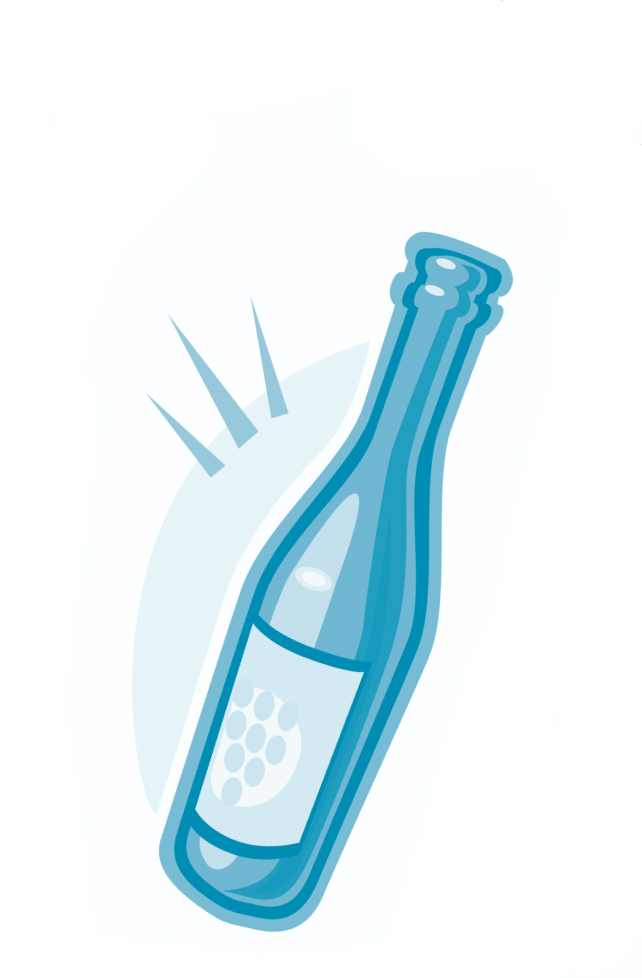Imagine the doctor saying to you, “You have four months to live.” What would you do with your final days? When my best friend of 20 years, Vin Calia, was diagnosed with pancreatic cancer in 2001, he spent his time planning his funeral. He chose the funeral home, selected a veterans’ cemetery, and arranged a celebratory meal at his favorite Italian restaurant, with special wines for his family and friends.
 As Vin sipped fine and sometimes not-so-fine wines during his life, he had no regrets. More than anything, he felt that life is too short to miss the journey while traveling to your destination. Vin believed that all of life’s experiences—including illness and death—are willing teachers, if only you let them be.
As Vin sipped fine and sometimes not-so-fine wines during his life, he had no regrets. More than anything, he felt that life is too short to miss the journey while traveling to your destination. Vin believed that all of life’s experiences—including illness and death—are willing teachers, if only you let them be.
I was privileged to learn from his final journey as well. For the memorial service, Vin asked me to deliver his eulogy. But he also asked me to share it with him beforehand.
I knew Vin was both a realistic sage and an optimistic explorer, but I wasn’t sure what he expected in a eulogy. “You know, dignity,” he said. This one word was paramount to Vin. In my gut, I knew he wanted to be honored, honestly and passionately, for his whole being.
At first, I felt ambivalent. I wanted to see him blooming, not dying. How could I read a eulogy to a living man with whom I had ventured far and for whom I cared so deeply? Slowly, I came to see Vin’s request as his armistice with death and an affirmation of our friendship.
Finally, I finished my draft of the eulogy. Vin sat with his head upright, resting against a pillow on an easy chair. He was silent, eyes wide open, fully present. I was unsure that I could read the eulogy from start to finish without breaking down, so I began with the last two pages. In the face of Vin’s courage, my anxiety gave way, and I began. Part of what I said in the eulogy is: “Life is special. The life you have is a gift. Live it. Live it now. This was Vin’s message to us all.”
Vin died on February 14, 2002. In thinking over his legacy, I have identified seven lessons that he taught me:
- Life’s too short to drink cheap wine,
- Trust someone,
- Life is magical,
- Ask for what you want,
- Be always beginning,
- Receive and give back, and
- Enjoy the side trips.
The first one, “Life’s too short to drink cheap wine,” highlights “cheap” not as a matter of dollars, but one of experience. Although Vin was not wealthy, he chose to be rich in spirit. He carried a book and read while he waited for friends and patients—life’s too short to waste a single moment. He looked at each sunset as though it would be his last—life’s too short not to savor the beauty around us. He chose to pursue psychology over engineering (his parents’ wish)—life’s too short to live someone else’s dream. Vin put aside resentment—life’s too short to sabotage relationships. He chose remarriage over brooding and blaming—life’s too short for loneliness.
In a questionnaire, I asked some friends and colleagues to fill in the blank, “Life’s too short to . . . .” One wrote:
“Life’s too short to live on fast-forward and miss the sweet adagio of the rocks and rivers.”
You may want to fill in this personal bottom line for yourself: Life’s too short to . . . .
For years I didn’t completely understand how special my relationship with Vin was. We were both living it forward. Looking backward, I now know how much we loved and learned from each other. Vin was the best teacher and the most willing student I have known. He encouraged me to be myself—to search for what I truly loved in life. Albert Schweitzer said, “In everyone’s life, at some time, our inner fire goes out. It is then burst into flame by an encounter with another human being. We should all be thankful for those people who rekindle the inner spirit.” Vin did that for me.
So think about what your friendships mean in this moment. Live them now. Pick up the phone or visit. Don’t wait until tomorrow. Get together and make magic. Maybe you’ll find someone who rekindles your inner spirit and helps you to make the most of your time in this world.
Cliff Hakim is the founder and principal of Rethinking Work (www.rethinkingwork.com), a Boston-based career-consulting firm. He is also the author of We Are All Self-Employed: How to Take Control of Your Career (Berrett-Koehler, 2nd edition 2003) and When You Lose Your Job: Laid Off, Fired, Early Retired, Relocated, Demoted, Unchallenged (Berrett-Koehler, 1993). Cliff is a member of the Pegasus Communications board of directors.
This article is adapted from his book, Life’s Too Short to Drink Cheap Wine: A Salute to Friendship (Classic Day Publishing, 2004, www.lifes2short2.com).
